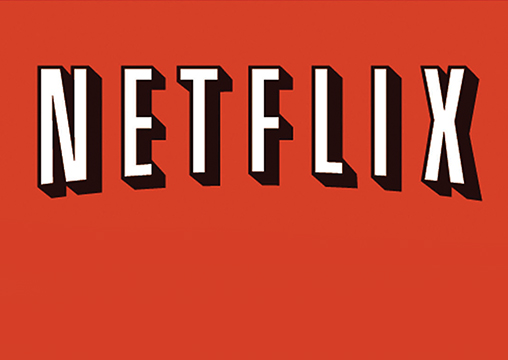Aztecs, we have to talk about the Comcast buyout of Time Warner Cable situation. While you may have heard about this little business deal, you likely brushed it off as irrelevant. Surprise—it’s not. [quote]On the contrary, if this acquisition is approved, college kids beware: They’re coming after our Netflix.[/quote] It’s time we stand together and speak out against this merger.
Comcast has never been a fan of Netflix because it sparked a revolution in media consumption that inspired people to turn to computers for entertainment instead of TVs. For us, it’s the best thing since indoor plumbing; for cable companies, it’s a problem.
Comcast is reacting especially poorly about it. A couple of years ago it tried to impose data caps on its broadband subscribers to limit the amount of video streaming available to customers. In January, Netflix’s Internet service provider performance report ranked Comcast in the bottom four because of slow streaming.
After all this, Comcast is now trying to acquire the next biggest fish in the pond so it can control an even greater amount of power and influence in the media industry.
Scared yet? You should be. Here are the basics.
Comcast is currently the largest cable provider in the U.S. and Time Warner Cable is the second largest. Comcast already purchased NBCUniversal a couple of years ago, giving it ownership of a news outlet and movie studio, among other assets. In a “Democracy Now!” interview former Federal Communications Commission Chairman Michael Copps warned against the danger of adding more power to an already oversized Comcast.
“It’s broadband. It’s broadcast. It’s content. It’s distribution. It’s the medium and the message. It’s telecom, and it’s media, too,” Copps said. “And it just would confer a degree of control over our news and information infrastructure that no company should be allowed to have.”
What exactly is going to happen to Netflix?
A few things could go down. The most common concern right now has been the potential for “throttling.” This is when an ISP limits the speed at which data can stream from a particular site.
Comcast has been accused of giving preferential streaming power to its own video content (the company is part-owner of Hulu and runs Xfinity On Demand). Ever notice how you never have to wait for videos to buffer on Hulu? Weird.
In an act of self-preservation, Netflix has already agreed to pay Comcast for direct access to its network, hoping this will increase streaming speeds. This deal reeks of potential extortion, especially since the public doesn’t know how much Netflix is actually being charged. It also opens the door for other ISPs to follow suit and force Netflix to pay them, too.
And of course, any extra cost incurred by Netflix will probably be directly passed on to its 44 million subscribers.
According to a report on Bloomberg, Netflix CEO Reed Hastings is already considering a multi-tiered pricing scheme instead of the all-you-can-stream for $7.99 deal we love so much.
What we probably won’t see anytime soon is the integration of Netflix into set-top boxes, something the company has been striving for. It had been in talks with Time Warner Cable about adding a Netflix application into the cable boxes, but Comcast’s arrival has likely put an end to those discussions.
Comcast is busily developing its own cloud-based delivery platform designed to rival Netflix. This will be integrated into Comcast set-top boxes in an attempt to renew attraction from subscribers lost to cord-cutting. The problem with this is that if Comcast is controlling the content offerings for cable TV, On Demand and web-based applications, there won’t be any variety. Comcast will basically have complete control on the media options for the millions who use its services.
Want to put an end to the madness?
Luckily, the acquisition has to be approved by the U.S. Department of Justice and the Federal Trade Commission before it becomes official. These agencies are supposed to prevent any business deals that would be harmful to competition. While clearly this is harmful to competition in the overall media industry, Comcast may be able to argue that it’s not harmful to competition among ISPs because they each service different geographic areas.
However, these agencies represent the American people. If the public expresses enough concern, the commission should strike down the deal or require provisions to protect consumers.
Believe it or not, we as citizens actually have an opportunity to voice these kinds of opinions to our government.
Whitehouse.gov hosts a petition forum called We The People—any petition that reaches 100,000 signatures within 30 days requires a response from the government per administration policy. Maybe you think it sounds crazy, but it takes three minutes to make an account and sign the petition. Just go to petitions.whitehouse.gov, search Comcast petitions, and click to sign. If enough people do it we could actually have an effect on this decision rather than the decision having an effect on us.
Photo courtesy of Netflix.










